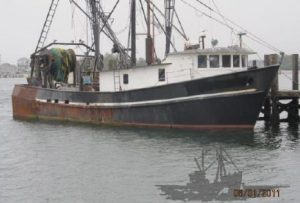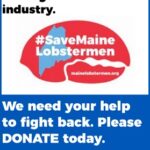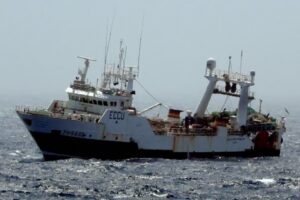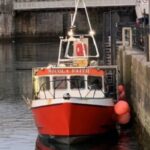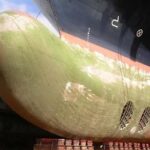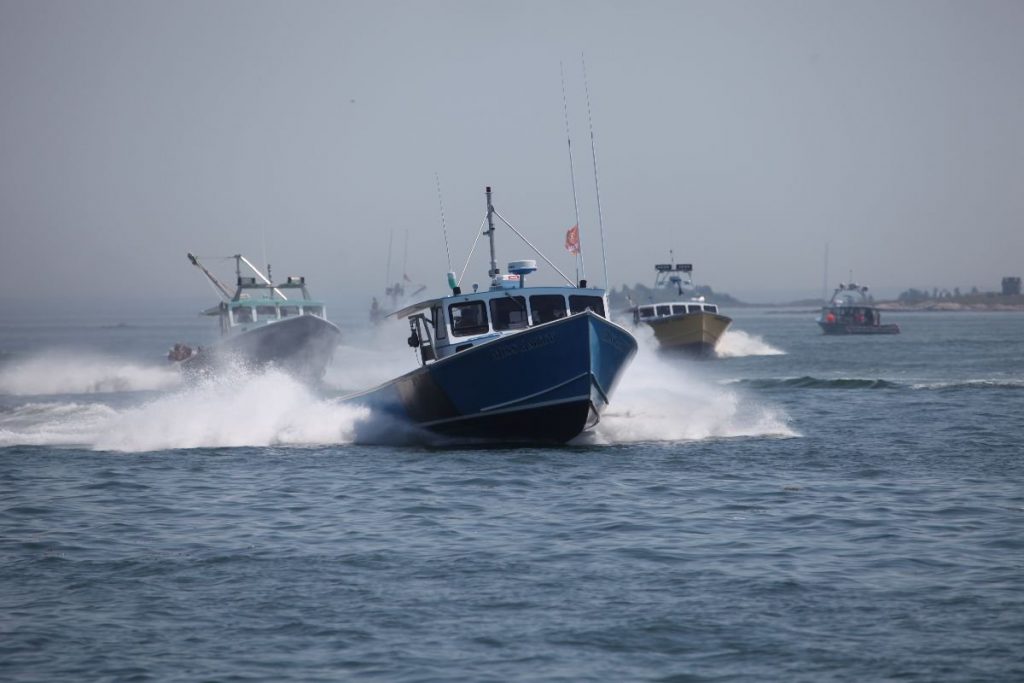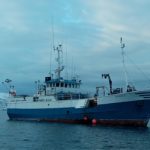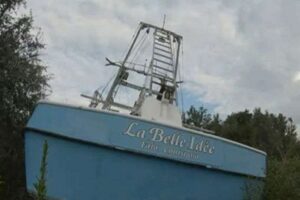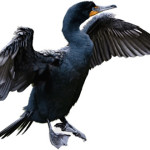Daily Archives: August 14, 2017
Hawaiʻi nearshore fishery provides big benefits
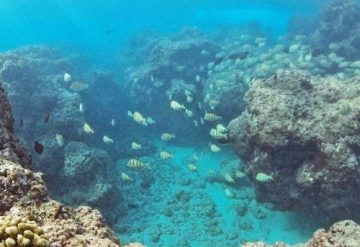 Small-scale fisheries support the well-being of millions of people around the world—even in a well-developed economy such as Hawaiʻi’s, they provide important economic as well as social benefits. The total annual monetary value of the fishery is approximately $10.3 to $16.4 million. The non-commercial fishery in particular provides huge benefits to the community—non-commercial catch is around three times reported commercial catch and is worth $4.2 to $10 million more annually. However, the full benefits to Hawaiʻi also include the potential to provide over 7 million meals a year as well as less tangible but just as important benefits such as the perpetuation of culture, community cohesion and sharing knowledge with the next generation. click here to read the story 20:22
Small-scale fisheries support the well-being of millions of people around the world—even in a well-developed economy such as Hawaiʻi’s, they provide important economic as well as social benefits. The total annual monetary value of the fishery is approximately $10.3 to $16.4 million. The non-commercial fishery in particular provides huge benefits to the community—non-commercial catch is around three times reported commercial catch and is worth $4.2 to $10 million more annually. However, the full benefits to Hawaiʻi also include the potential to provide over 7 million meals a year as well as less tangible but just as important benefits such as the perpetuation of culture, community cohesion and sharing knowledge with the next generation. click here to read the story 20:22
N.B. lobster fishermen discouraged by lower prices
 The Maritime Fishermen’s Union is voicing concerns about the low prices its members are getting paid for their catches in southeastern New Brunswick this season and suggesting protests could follow. Wages currently sit at $4.75 a pound per market lobster and $4.25 a pound per can of lobster — nearly $2 less than what was expected, according to MFU organizer Michel Richard. There is “no excuse for such a low price,” Richard told CBC’s Information Morning Moncton on Monday, as lobster season entered its second week. “It’s very troubling, and our fishermen are trying to reason why this is happening, and the excuses are not realistic,” he said. click here to read the story 18:33
The Maritime Fishermen’s Union is voicing concerns about the low prices its members are getting paid for their catches in southeastern New Brunswick this season and suggesting protests could follow. Wages currently sit at $4.75 a pound per market lobster and $4.25 a pound per can of lobster — nearly $2 less than what was expected, according to MFU organizer Michel Richard. There is “no excuse for such a low price,” Richard told CBC’s Information Morning Moncton on Monday, as lobster season entered its second week. “It’s very troubling, and our fishermen are trying to reason why this is happening, and the excuses are not realistic,” he said. click here to read the story 18:33
Organizers: Baltimore seafood business masks shocking labor abuses
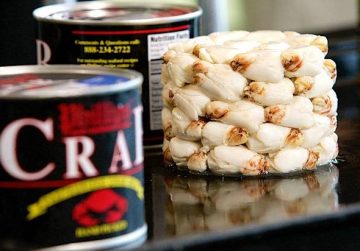 Phillips Seafood is a Baltimore-based company that trades on its historic connections to the Chesapeake Bay blue crab fishery. The signature dish at its restaurants is the famed Maryland-style crab cake, and its dining rooms feature models of antique fishing boats and romanticized images of the bay watermen culture that is fading fast. But organizers say it’s mostly fake — a cover story for a rapacious, globalized business that preys on poor Indonesian women to extract rich profits for its U.S. owners. click here to read the story 15:47
Phillips Seafood is a Baltimore-based company that trades on its historic connections to the Chesapeake Bay blue crab fishery. The signature dish at its restaurants is the famed Maryland-style crab cake, and its dining rooms feature models of antique fishing boats and romanticized images of the bay watermen culture that is fading fast. But organizers say it’s mostly fake — a cover story for a rapacious, globalized business that preys on poor Indonesian women to extract rich profits for its U.S. owners. click here to read the story 15:47
The surprising reason you might be seeing more jellyfish in the sea this summer
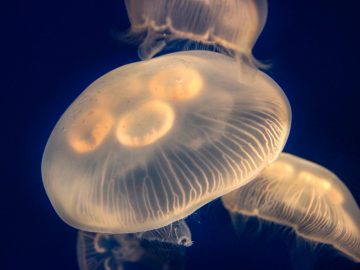 Scientists have discovered that offshore wind farms and oil and gas platforms provide an ideal habitat in which the creatures can thrive. Until now, the rapid increase in jellyfish numbers in oceans around the world has been largely blamed on overfishing, which wipes out their natural predators, global warming and nutrient run-off. The research suggests that man-made structures have played a role in the jellyfish boom by offering an enticing home for polyps — the tiny organisms which eventually grow into jellyfish. The results suggested a correlation between big jellyfish numbers and man-made structures such as energy platforms and wind farms. click here to read the story 13:41
Scientists have discovered that offshore wind farms and oil and gas platforms provide an ideal habitat in which the creatures can thrive. Until now, the rapid increase in jellyfish numbers in oceans around the world has been largely blamed on overfishing, which wipes out their natural predators, global warming and nutrient run-off. The research suggests that man-made structures have played a role in the jellyfish boom by offering an enticing home for polyps — the tiny organisms which eventually grow into jellyfish. The results suggested a correlation between big jellyfish numbers and man-made structures such as energy platforms and wind farms. click here to read the story 13:41
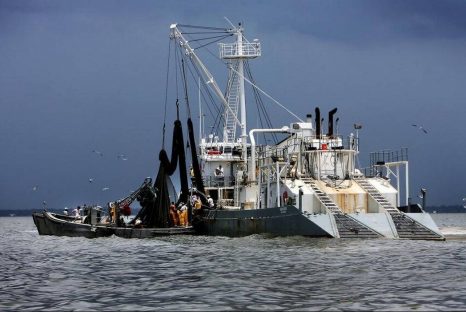
Why Omega Protein has stirred up a big stink about a small fish
The disagreement between activists and Omega Protein depends on the answer to a simple question: Are there enough menhaden in the Gulf of Mexico? Omega says there are plenty, and it wants to keep it that way. Members of the Sierra Club Gulf Coast Group, the Coastal Conservation Association and other groups have their doubts. It’s an argument recreational fishermen and conservationists have been having with Omega for years. Omega has a menhanden reduction plant in Moss Point and regularly fishes the Mississippi Sound. The opposition to its activities began anew with vigor earlier this year when Omega began seeking a “certified sustainable seafood” designation from the Marine Stewardship Council. MSC is a London-based nonprofit (although it collects royalties from licensing its “ecolabel”) that was set up in 1997 by the World Wildlife Fund and Unilever, a global conglomerate that was at the time one of the world’s largest producers of frozen seafood. click here to read the story 10:28
Public urged to remain vigilant after Pacific salmon found in Irish rivers
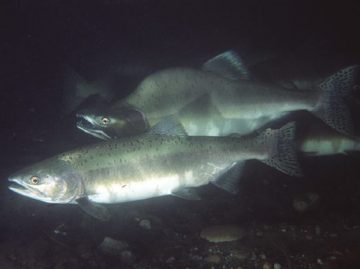 Thirty Pacific salmon have been found in nine Irish river systems since the first one was recorded in late June. Fisheries chiefs said one of the most recent non-native fish to be captured was a mature male, which was ready to spawn when it was found on August 9 on the Erriff in Co Mayo. It has been suggested that some of the Pacific species have made their way south after “straying” from rivers in northern Norway or Russia. They were introduced to some Russian fisheries in the 1960s and have colonised west along Arctic coasts. click here to read the story 09:02
Thirty Pacific salmon have been found in nine Irish river systems since the first one was recorded in late June. Fisheries chiefs said one of the most recent non-native fish to be captured was a mature male, which was ready to spawn when it was found on August 9 on the Erriff in Co Mayo. It has been suggested that some of the Pacific species have made their way south after “straying” from rivers in northern Norway or Russia. They were introduced to some Russian fisheries in the 1960s and have colonised west along Arctic coasts. click here to read the story 09:02
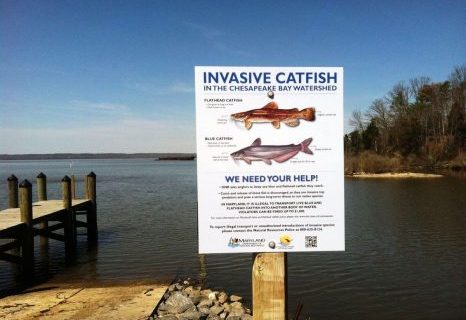
Maryland fishermen fight federal catfish regulations
Maryland Gov. Larry Hogan’s administration has joined the cause and also sent a letter to UDSA Secretary Perdue, asking for “immediate regulatory relief” from the mandated inspection program for the wild-caught, U.S. catfish industry. “With the U.S. seafood trade deficit reaching historic proportions, strict harvest limits on most other wild seafood species, and traditional U.S. seafood jobs on the decline, the (Trump) Administration must provide every possible advantage to Americans seeking to invest in the business of wild-caught, domestic catfish,” Hogan wrote in the letter dated Tuesday, Aug. 8. Hogan wrote that American consumers increasingly are demanding wild, domestic seafood, and catfish is among that. The “seafood market for catfish in the Maryland/Virginia/D.C. region has grown from zero to millions of pounds sold in just a few years,” the letter reads. click here to read the story 08:30

































